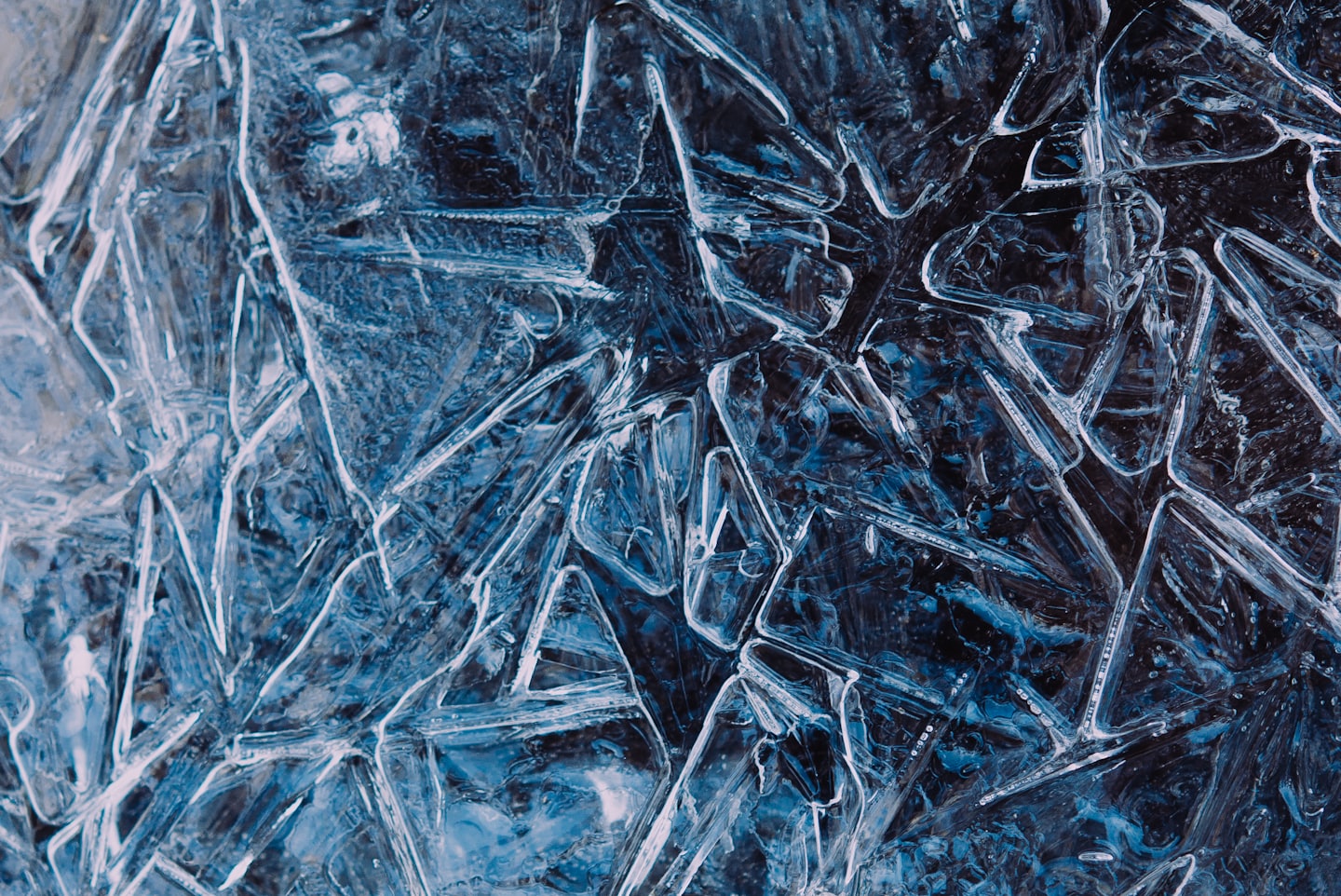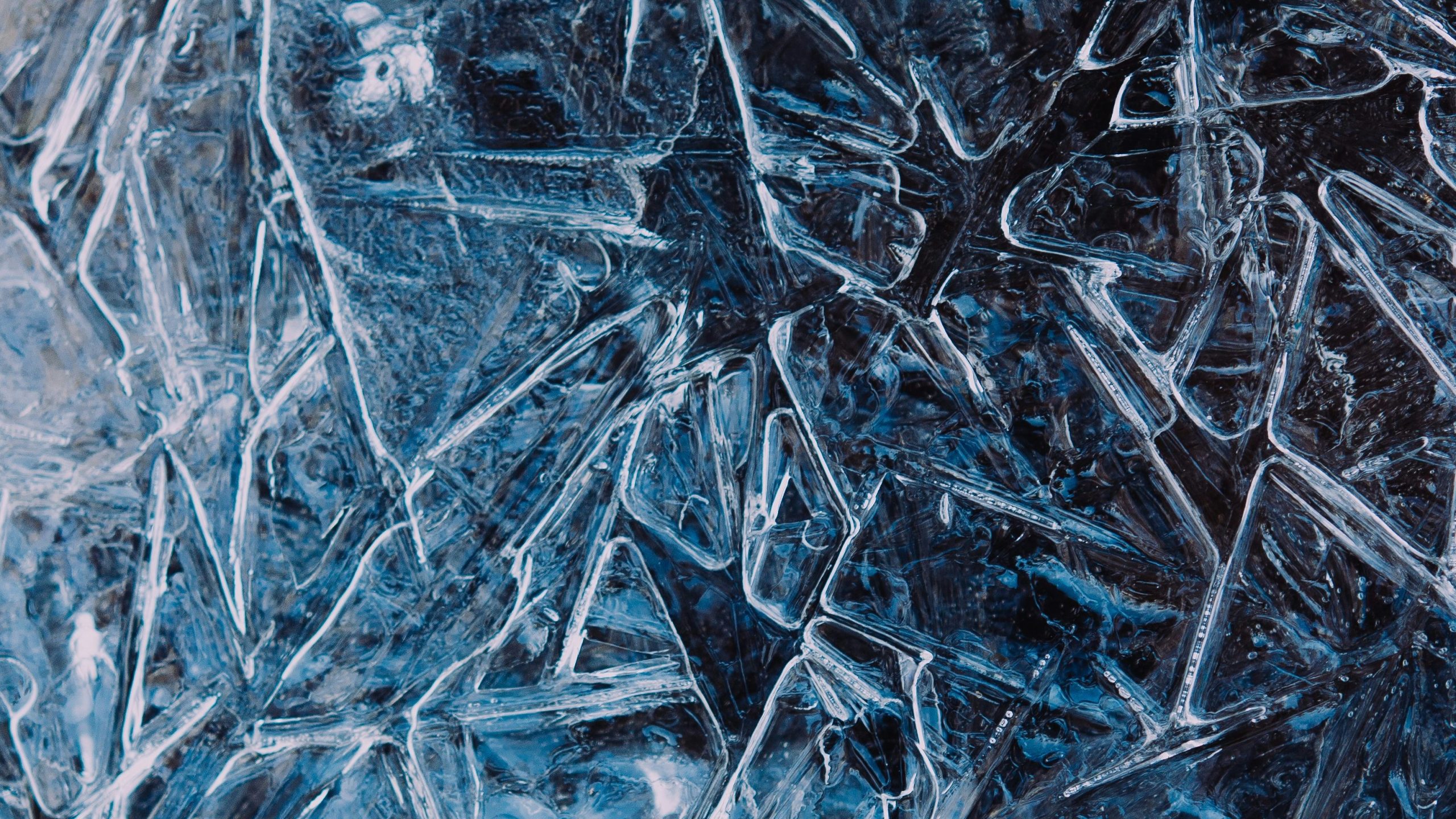Your basket is currently empty!

Cold plunge and ice baths: the science
New to cold plunge and ice baths?

The science of..
how your body reacts to cold water immersion

The science of…
the benefits of cold water immersion

The science of:
How much should I spend to see results

How your body reacts
When exposed to a cold water environment, the human body undergoes several physiological responses to maintain core temperature.
Here are some key reactions to be aware of, especially for first timers:
1. Vasoconstriction
The blood vessels near the surface of the skin constrict to reduce blood flow, which minimizes heat loss. This response helps to preserve core body temperature. If you go too cold, too soon, this can actually feel painful! It’s strongly recommended not to put up with the pain, take a step out and adjust the temperature upwards by a degree or so.
2. Increased Heart Rate
The heart rate increases to pump blood more rapidly, ensuring that warm blood reaches the body’s core and vital organs effectively. This effect causes a positive impact on the inflammatory system. If you experience inflammable in your hips or knees, or elsewhere in your body, and especially for people with arthritis; the cold helps to improve circulation, and reduces pain. Learn more here.
3. Shivering
As the body temperature drops, involuntary muscle contractions (shivering) occur to generate heat. This can increase the metabolic rate, producing additional warmth. Like any body reaction, shivering can be good for you, but don’t over do it. The occasional shiver is ok, but if you’re constantly shivering, it’s time to get out. Learn more here (susanna_soeberg on Instagram account)
4. Cold Shock Response
Initial exposure to cold water can trigger a gasp reflex, leading to rapid breathing and potential panic. This is often referred to as the “cold shock response” and can lead to hyperventilation.
the benefits of cold water immersion
5. Increased Metabolism
The body’s metabolic rate may increase in an effort to generate more heat. This process consumes energy and can eventually lead to fatigue if exposure to cold persists.
6. Mental Effects
Cold water immersion can affect mental state, often leading to heightened alertness. However, prolonged exposure can result in confusion or impaired judgment.
7. Adaptive Responses
With repeated exposure to cold water, the body may adapt by improving its tolerance. This can include improved circulation and a better ability to maintain core temperature.
Conclusion
Understanding these responses helps to prepare individuals for activities such as swimming in cold water or participating in cold-water sports. It emphasizes the importance of safety measures to prevent hypothermia and other cold-related injuries.
